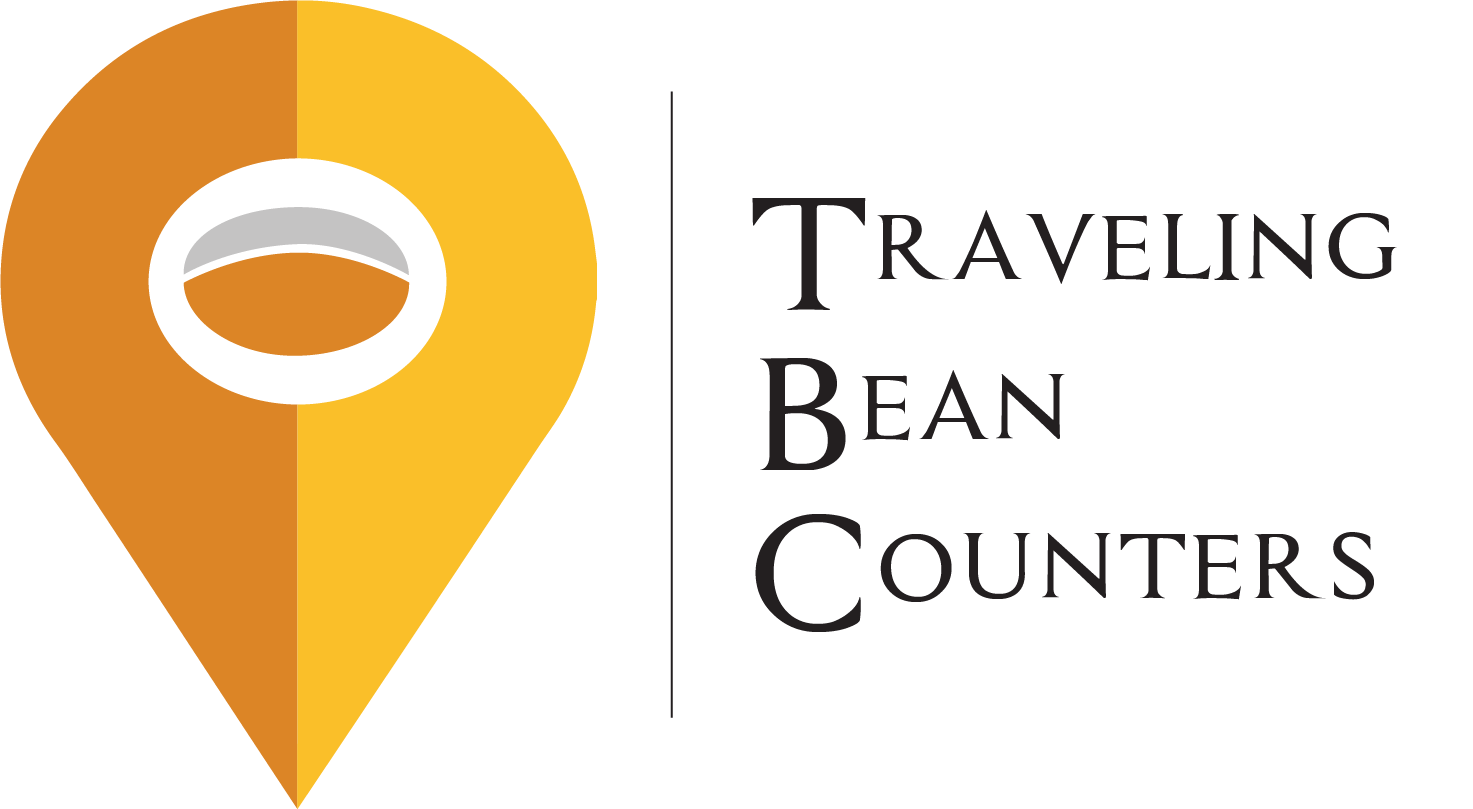Understanding Tax Changes When You Retire
They say that the only sure things in life are death and taxes—and for the most part, this is sadly true. Most people think that when they finally hang up their work boots for the last time and saddle up their rocking chair to celebrate retirement, they’ll no longer have to answer the call of the Tax Man… however this couldn’t be further from the truth. The IRS is still going to come calling after you retire: they’ll just be asking for a different amount!
All kidding aside, there are some very important things to understand about your taxes after you retire, but unfortunately there’s not a lot of good information out there to help people understand these changes. So, we’ve compiled a list of important concepts to understand when it comes to undertaking tax preparation in Elkhorn, WI after you’re done working.
Social security income
One of the biggest questions people often have about taxes after retirement is whether or not they have to pay income tax based on their social security checks. The answer is a bit complicated: a portion of your social security income is eligible to be taxed, but how much that is depends on how what your combined income is. Your combined income is measured as the “total of your adjusted gross income plus non-taxable interest, plus one half of your Social Security benefits.”
Total taxable retirement income
In this day and age, most people aren’t getting by on social security alone after they retire: they have a pension, 401k, IRA or some other source of income that’s helping to sustain them. With all of these things factored together, you’re looking at a total retirement income. And, the total amount of taxes you’re going to pay depends on where this income is coming from! If you have multiple sources of retirement income, such as a 401k and an IRA for example, you’re going to want to speak to an accountant when it comes time for tax preparation in Elkhorn, WI to get the total breakdown of what’s being taxed and what the rate of your taxation is for each “Revenue stream.”
IRA withdrawals
The time has finally come when you can tap that IRA you’ve been stowing money in for all these long years! But, how much is the government going to take when you finally decide to start dipping into your funds? Well, the good news is that it’s generally not much, however the government does consider this a source of ordinary income, so escaping taxes isn’t optional… unless of course you have a Roth IRA! When created and maintained appropriately, you’ll pay no withdrawal taxes on a Roth IRA!
Investment income
If you’re lucky enough to have a source of income from asset holdings in your retirement years, be prepared to pay some taxes on that income based on what type of holdings you have. Dividends, investment income, capital gains and more all come into play when you’re dealing with assets and depending on the value of each, you’ll be taxed differently. Again, it’s best to work with a professional during tax season if you’re looking at multiple sources of investment income.
Misc. income and taxes
There are even more retirement changes that you’ll need to get familiar with when it comes to maintaining your income taxes after retirement and it’s wise to seek tax help if you’re not quite sure of what you should be reporting. Everything from selling your home to getting income from annuities comes into play and it’s best to have someone on your side who knows where all the decimal points line up!
